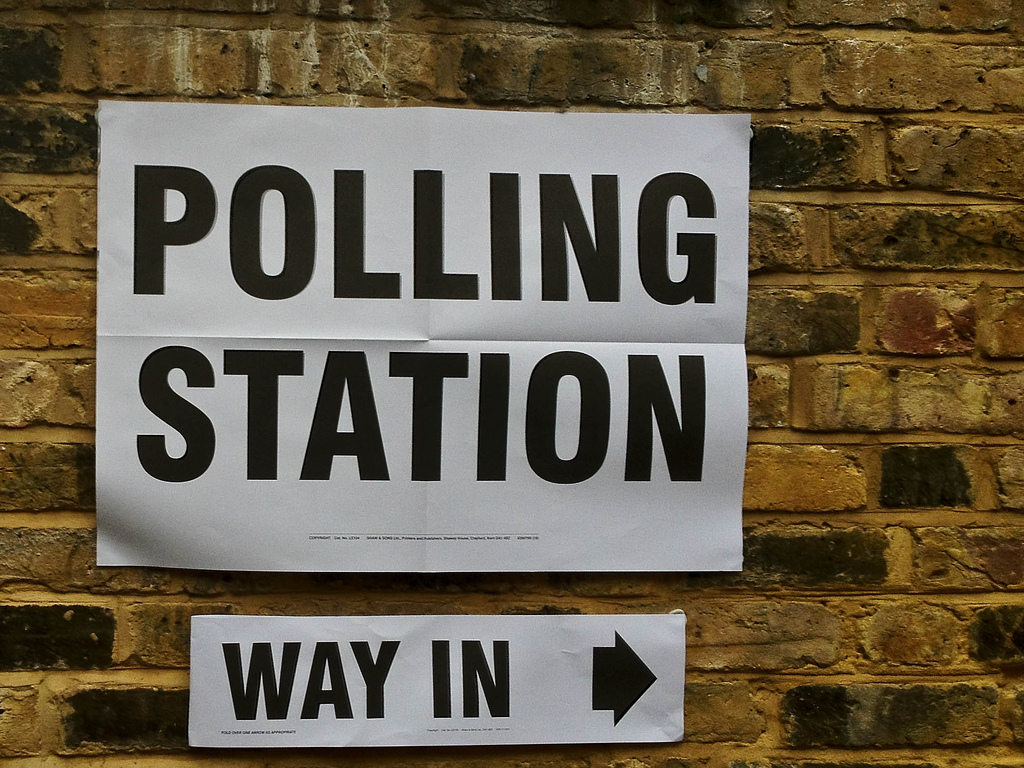
Blog by Ayesha Carmouche
In the run up to this year’s general election, the three main UK-wide political parties have now unveiled their manifestos.
There are many commonalities across three, with parties professing a desire to confront labour abuses such as modern slavery, and respond to new worker vulnerabilities driven by the “gig economy” and zero hour contracts. However, there are some notable differences on Brexit, corporate governance and the use of procurement to encourage better practice.
These proposals have also been matched by other parties’ commitments on corporate accountability. For example, in its newly published manifesto the Scottish National Party have promised to assess the human rights record of companies and countries before entering into investment agreements, and say they will push the UK government to follow their lead. The party also calls for a robust regulatory framework that would prevent a “re-run of the 2008 financial crisis”. They propose tighter regulation that would include holding senior managers responsible for wrongdoing that occurs on their watch.
Below are the main commitments of UK-wide political parties. For a full review of these and other parties’ manifestos see here:
Modern Slavery
All three manifestos pledge to tackle modern slavery in some form. Noting the current Prime Minister Theresa May’s landmark modern slavery legislation, the Conservatives promise an even tougher regime against criminals, and an unwavering commitment “to push the United Nations and other international bodies to make Modern Slavery a thing of the past.”
Labour refer to their plans to introduce human rights due diligence in business operations, saying it will “tighten the rules governing corporate accountability for abuses in global supply chains”. Meanwhile the Liberal Democrats pledge to focus on “training for police and prosecutors in identifying and supporting victims” [of modern slavery].
Thinking beyond the shareholder model
All parties attempt to demonstrate their understanding of waning public trust in business following a number of costly and controversial scandals. They recognise the need to move beyond a shareholder business model, and consider worker and consumer protections along with wider public benefits to ensure long term business health.
The Conservatives say they “will set rules for businesses that inspire the confidence of workers and investors”, however Theresa May’s original pledge during her leadership campaign to put workers on company boards has been watered-down. It will no longer be mandatory for workers to be represented on boards, and companies can now decide from a range of options to accommodate workers’ interests. These include: appointing a director from the workforce, creating a formal advisory council or assigning responsibility for employee representation to an existing non-executive.
Both Labour and the Conservatives indicate a greater readiness to intervene in company takeovers. For example, the Conservatives highlight the importance of preventing deals that are driven by “aggressive asset-stripping or tax avoidance”.
Procurement as leverage and tackling tax avoidance
The Liberal Democrats and Labour articulate their willingness to use procurement to influence company behaviour with regard to labour and environmental protections, and sustainable supplier relations. The Conservative manifesto does not indicate if and how it would use procurement to encourage better standards and protections.
Labour promises to “take on the social scourge of tax avoidance” through its Tax Transparency and Enforcement Programme, while the Conservatives say that they will “legislate for tougher regulation of tax advisory firms”. Along similar lines, the Liberal Democrats pledge to tighten anti-tax haven rules and require large companies to publish their tax payments and profits for each country in which they operate.
Brexit
Finally on Brexit, the Liberal Democrats indicate a disappointment with the outcome of the referendum. They pledge to keep the UK in the single market to facilitate “the smooth flow of trade” and to preserve a common ‘rule book’ for businesses to follow. Labour wants to ensure that workers’ and environmental protections will be maintained when we exit the EU, and both parties highlight the importance of parliamentary scrutiny as the Brexit negotiations take place.
The Conservative manifesto states that a Great Repeal Bill will convert EU law into UK law, meaning that “the rights of workers and protections given to consumers and the environment by EU law will continue to be available in UK law at the point at which we leave the EU.” Once EU legislation has been converted into domestic law, the Conservatives say they will give parliament an opportunity to amend, repeal or improve aspects of EU law./category/modern-slavery/

